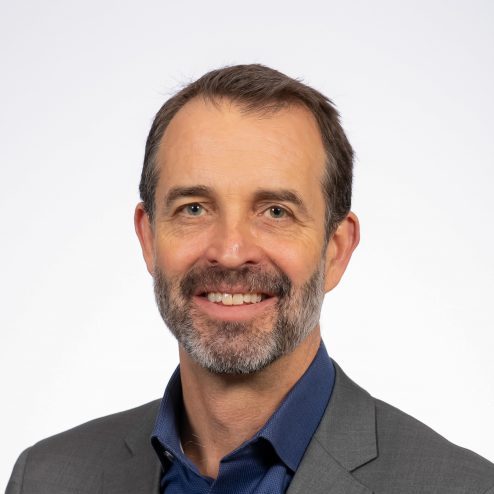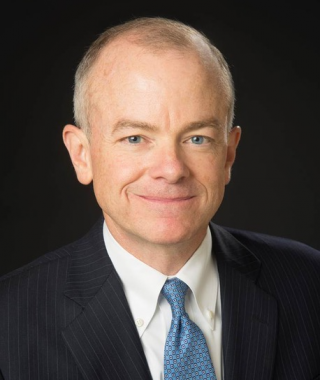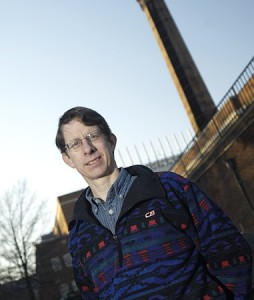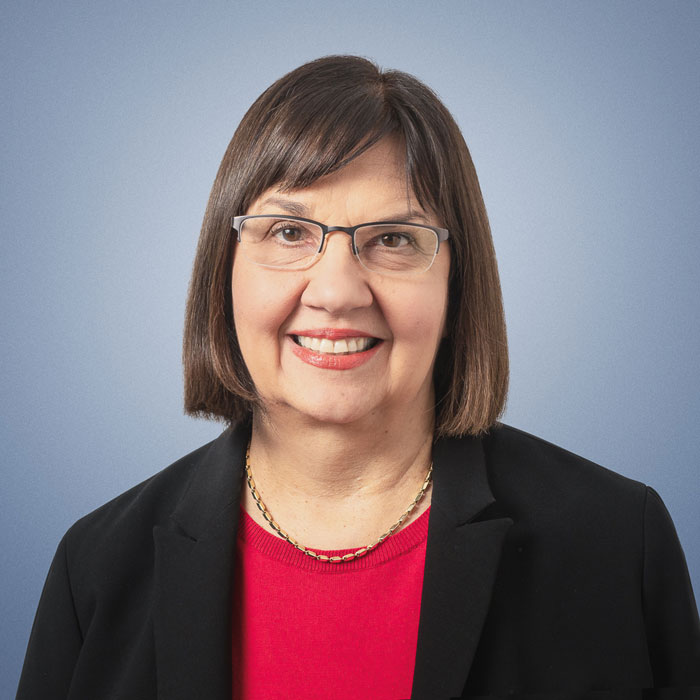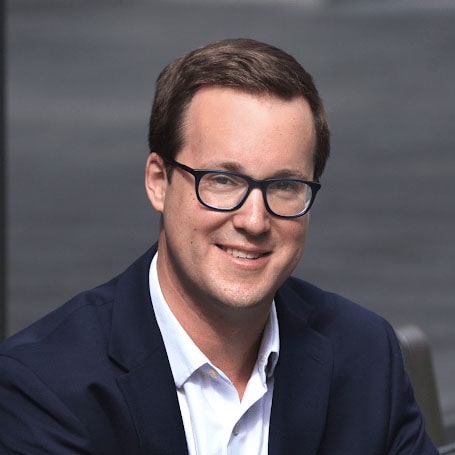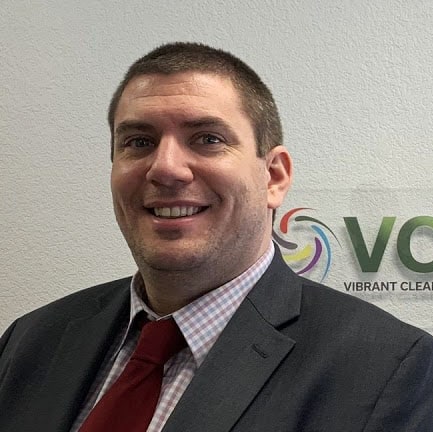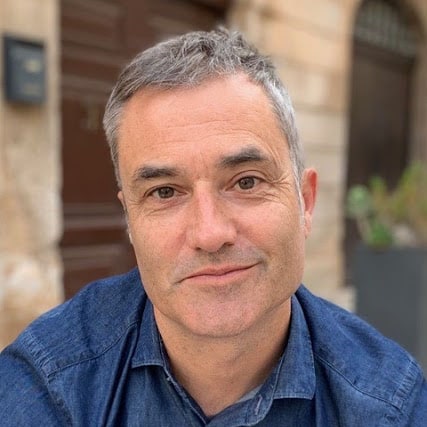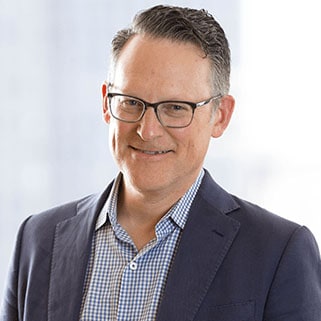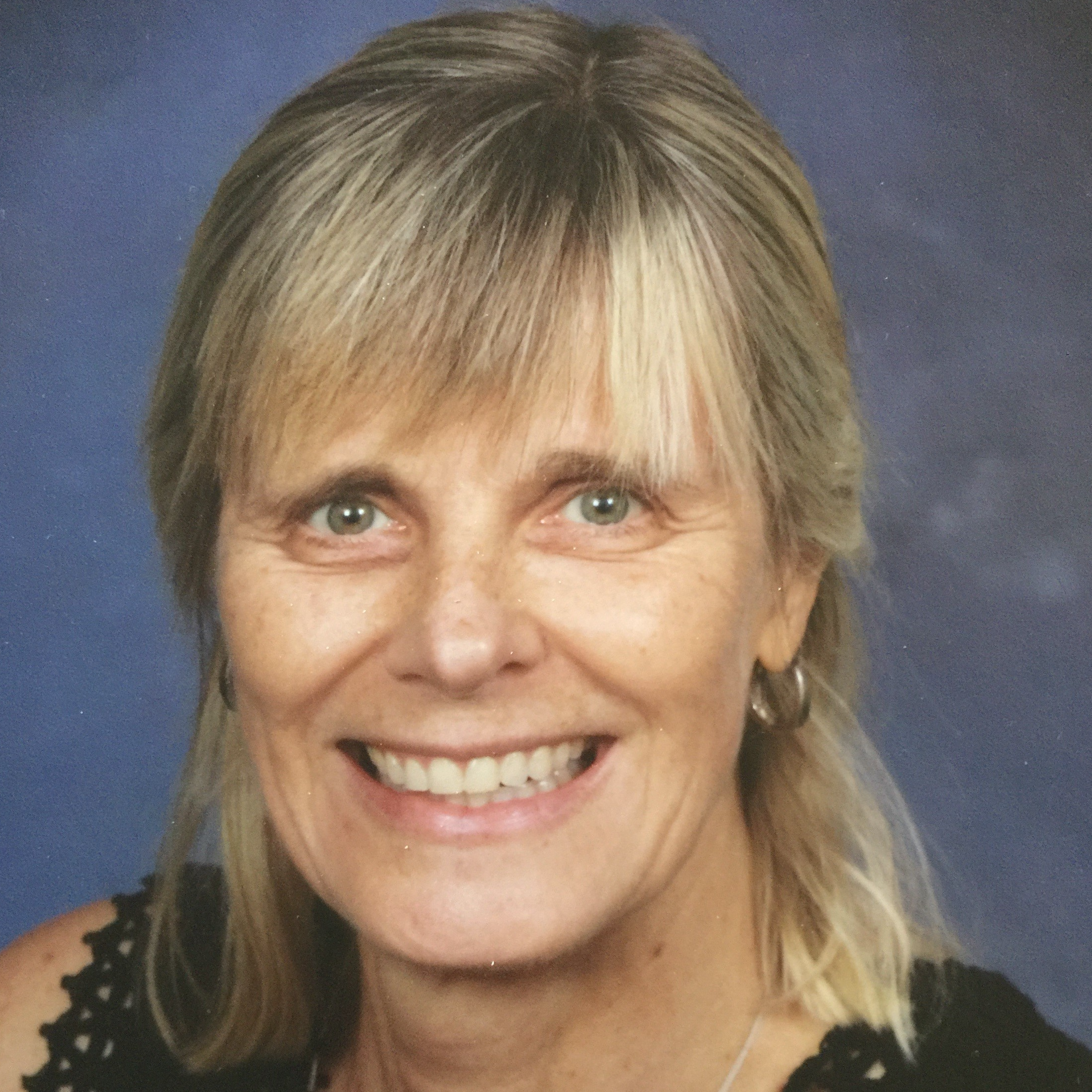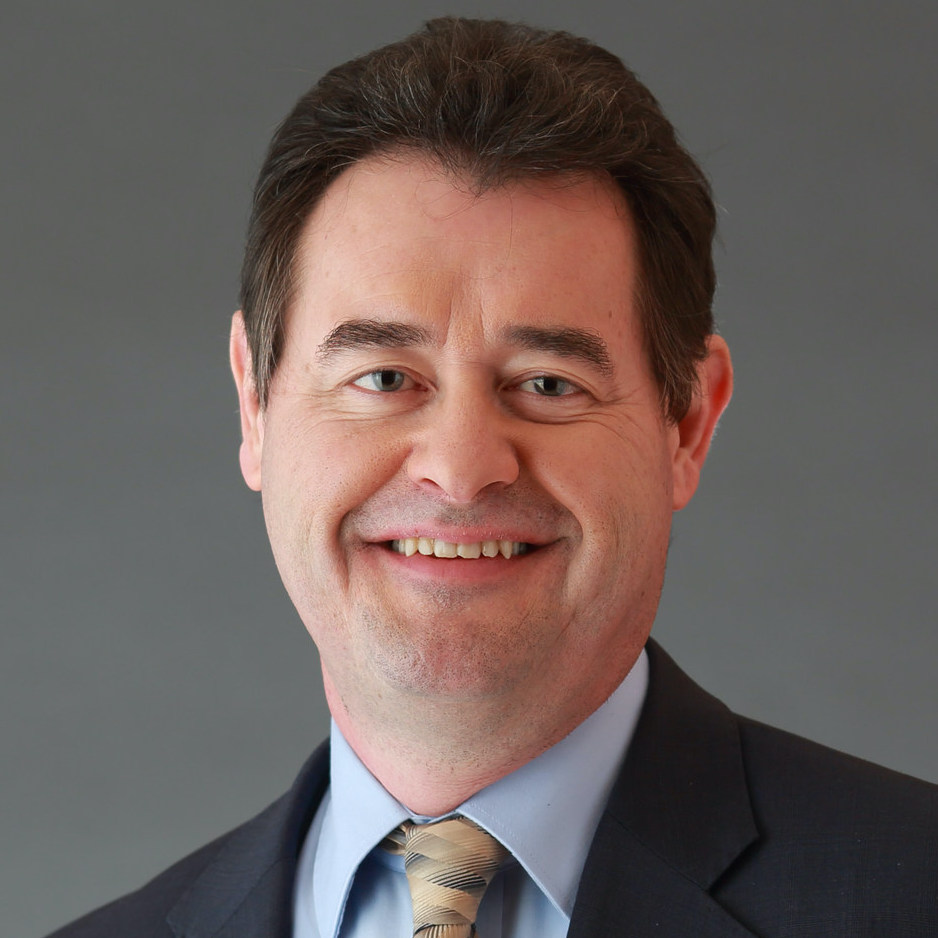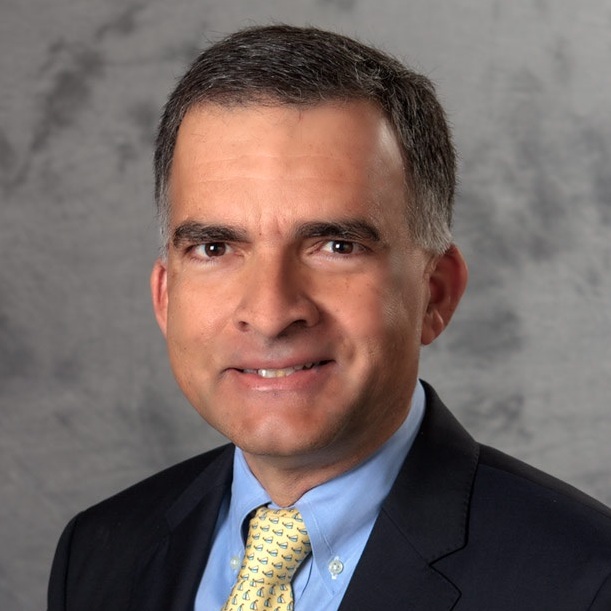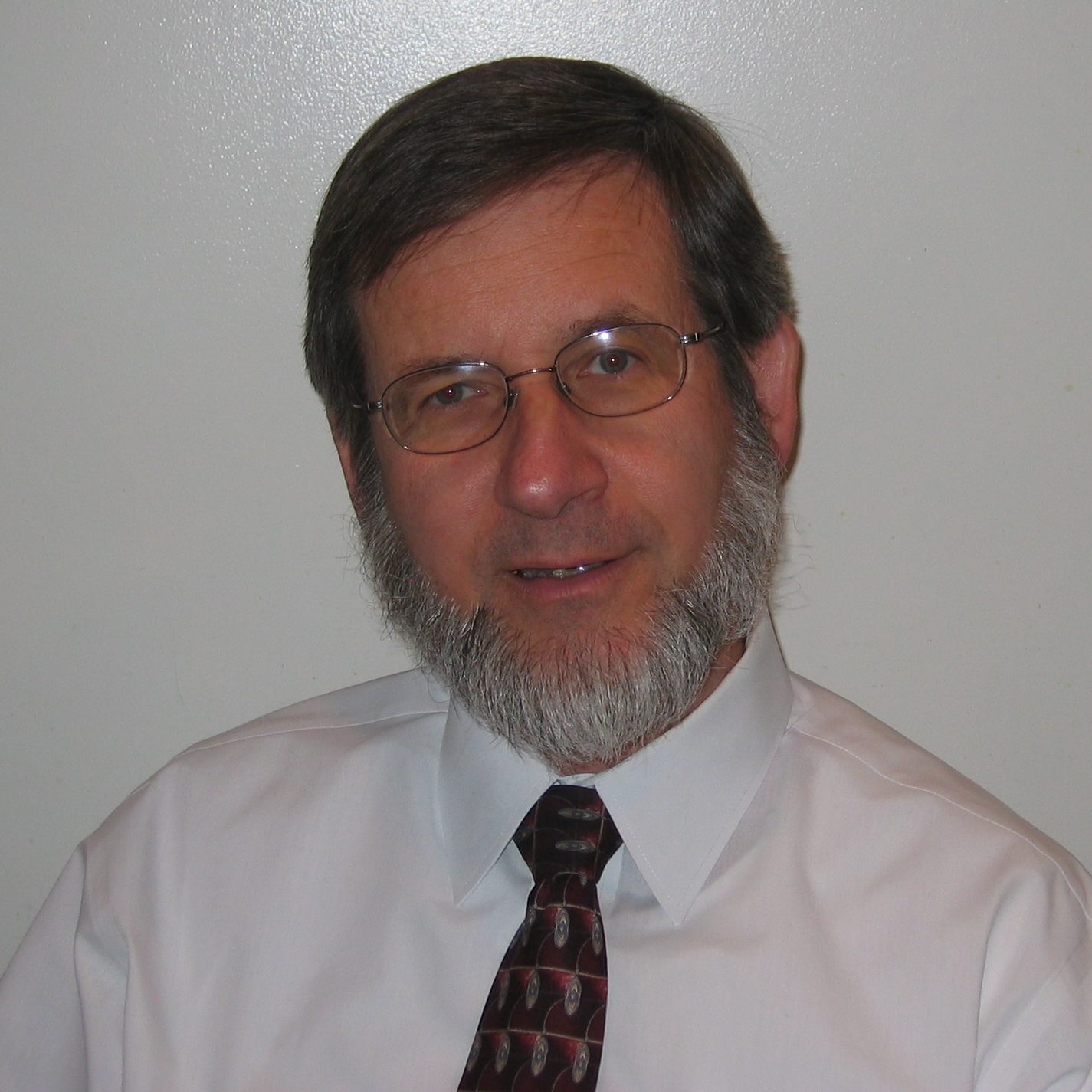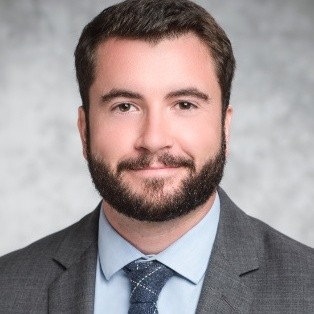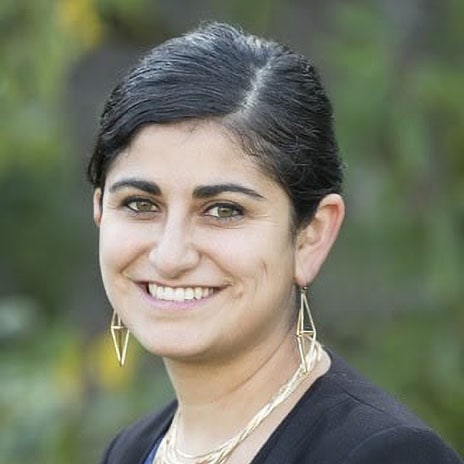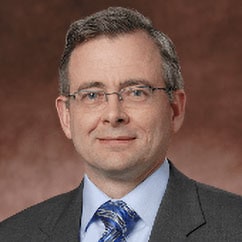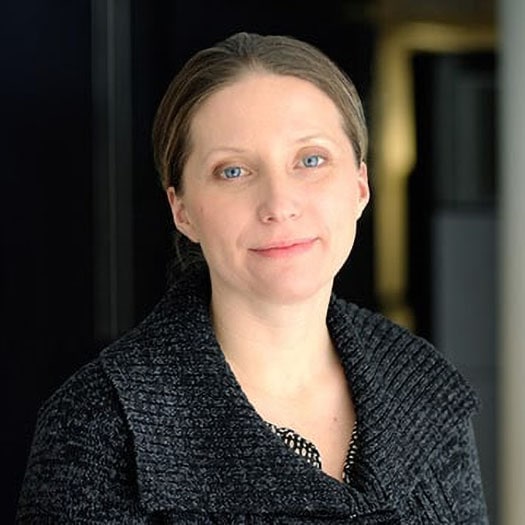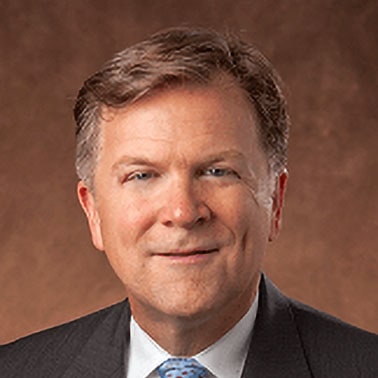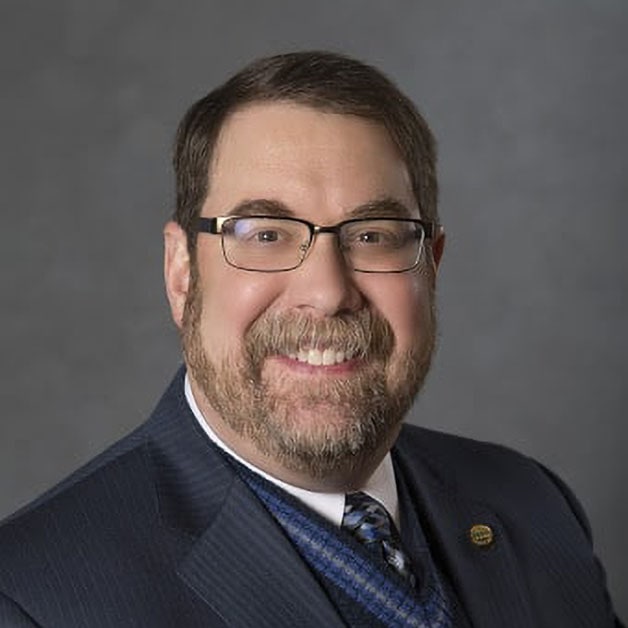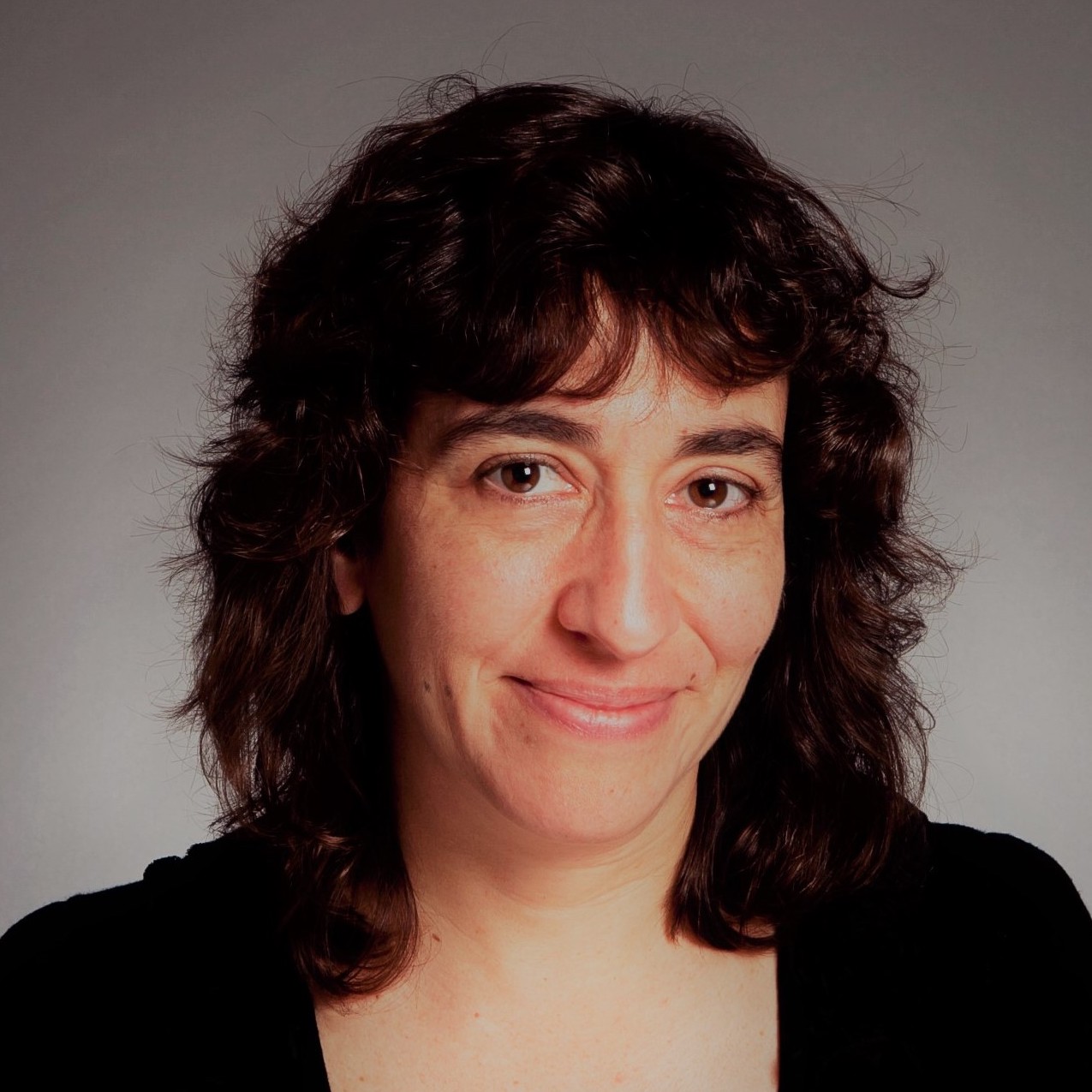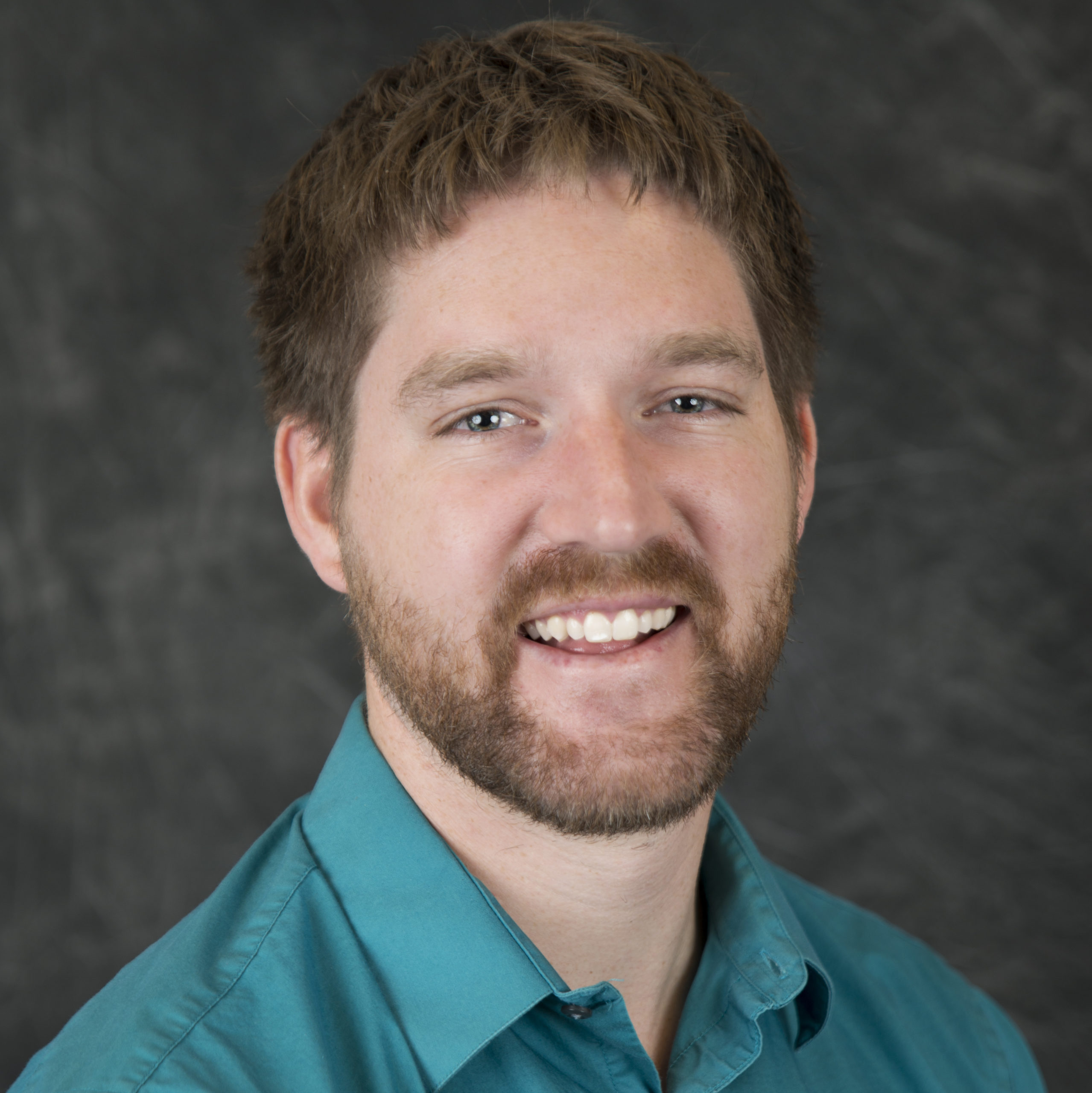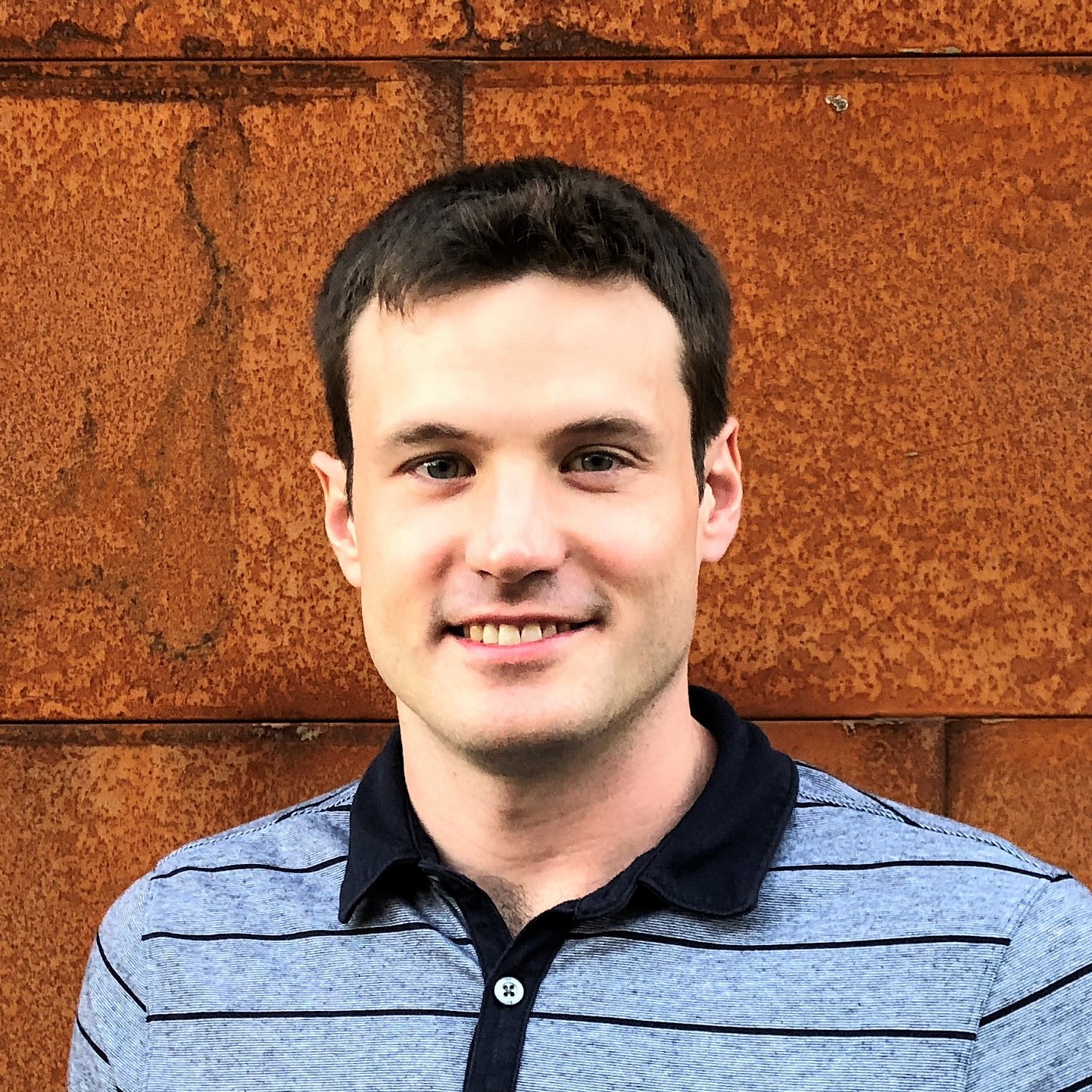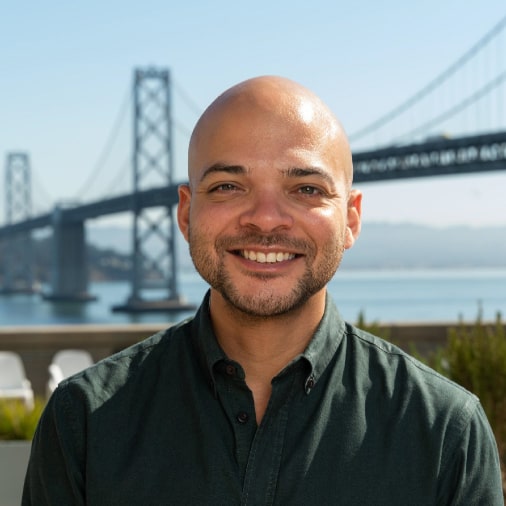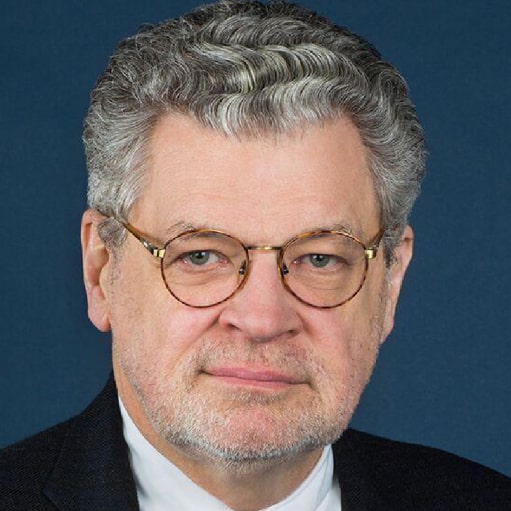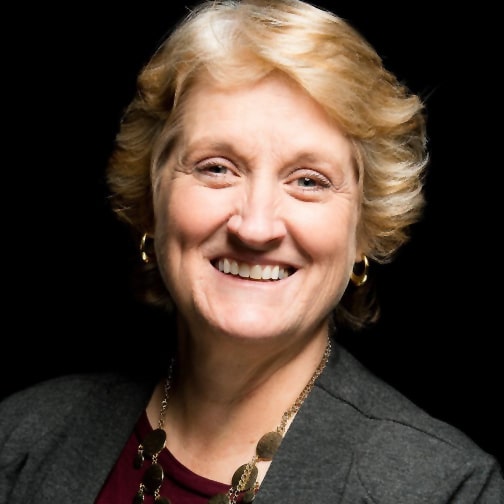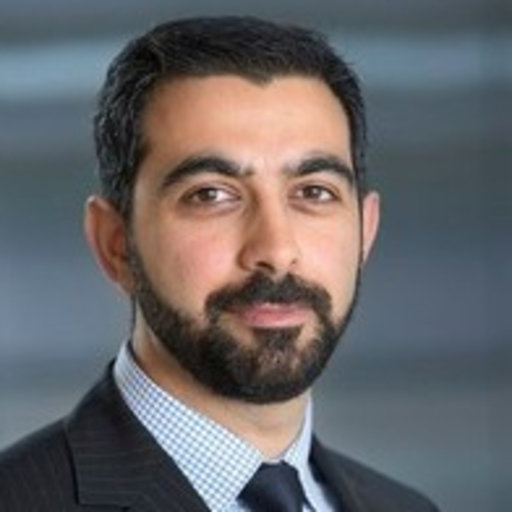Forum Contributors
Experts Driving Inquiry
Future Power Markets Forum collects research and input from electricity system experts on each of the topics covered on the website. Click on any of our expert’s photos to see their full bio.
Organizers
David R. Hill
Columbia University’s Center on Global Energy Policy
Richard Doying
Grid Strategies
Benjamin Hobbs
Johns Hopkins University
Cheryl A. LaFleur
Board Chair, ISO New England
Rob Gramlich
Grid Strategies
Topic Contributors
Richard Doying
Grid Strategies
Jesse D. Jenkins
Princeton University
Beth Garza
R Street Institute
Former ERCOT IMM
Farhad Billimoria
Oxford Institute for Energy Studies
Christopher T. M. Clack
Vibrant Clean Energy
Sonia Aggarwal
Formerly with Energy Innovation
Jeff Riles
Pat Wood III
Former Chairman, FERC and PUCT
Ric O’Connell
GridLab
Steve Corneli
Consultant
William W. Hogan
Havard University
Abraham Silverman
New Jersey Board of Public Utilities
Arne Olson
E3 – Energy and Environmental Economics
Dr. Kathleen Spees
Brattle Group
Complete Forum Contributors Biographies
Founders
Rob Gramlich is Founder and President of Grid Strategies LLC where he provides economic policy analysis for clients on electric transmission and power markets in pursuit of low-cost de-carbonization. He is co-founder of Americans for a Clean Energy Grid, the WATT Coalition, and the Future Power Markets Forum. Rob oversaw transmission and power market policy for the American Wind Energy Association from 2005 through 2016 as Senior Vice President for Government and Public Affairs, Interim CEO, and Policy Director. He was Economic Advisor to FERC Chairman Pat Wood III from 2001 to 2005, Senior Economist at PJM Interconnection in 1999 and 2000, Senior Associate at PG&E National Energy Group in 2000-2001, and an analyst at the FERC Office of Economic Policy, ICF Resources, the World Resources Institute, and the Lawrence Berkeley National Laboratory in the 1990s. He testifies frequently before the US Congress, US Federal Energy Regulatory Commission (FERC), US Department of Energy, and state legislatures and regulatory commissions. He has served on advisory committees for the U.S. Department of Energy and the North American Energy Standards Board, on boards of a number of regional clean energy organizations. Rob has a Master of Public Policy (MPP) degree from UC Berkeley and a BA with Honors in Economics from Colby College.
David R. Hill is an Adjunct Senior Research Scholar at Columbia University’s Center on Global Energy Policy. He serves on the board of directors of the New York Independent System Operator LLC, and also owns and operates his own solo law practice and energy industry consulting firm. From 2012 to 2018, Mr. Hill served as Executive Vice President & General Counsel of NRG Energy, Inc., one of the largest generators of both conventional and renewable electricity in the United States and a large seller of retail electric energy and services. As NRG’s general counsel, Mr. Hill was responsible for the company’s legal, regulatory, environmental and government affairs activities. He also served as Executive Vice President & General Counsel of NRG Yield, Inc. from 2012 – 2018. From 2009 – 2012, Mr. Hill was a partner and co-head of the energy practice at Sidley Austin LLP in Washington, DC. From 2005 to 2009 he served as General Counsel of the U.S. Department of Energy, and for three years before that was DOE’s Deputy General Counsel for Energy Policy. Earlier in his career Mr. Hill was a partner at Wiley, Rein & Fielding in Washington and at Blackwell Sanders in Kansas City, Mo. He began his legal career as a law clerk for Judge James K. Logan of the U.S. Court of Appeals for the Tenth Circuit and as an associate at Wilmer, Cutler & Pickering in Washington. Mr. Hill holds a bachelor’s degree in agriculture from the University of Missouri, and his law degree from the Northwestern University School of Law in Chicago, where he served as Editor in Chief of the Northwestern University Law Review.
Benjamin Hobbs is the Theodore and Kay Schad Professor of Environmental Management with the Department of Environmental Health & Engineering, Johns Hopkins University (JHU), Baltimore, MD, USA, and the Founding Director of the JHU Environment, Energy, Sustainability & Health Institute. Dr. Hobbs is the Associate Director, Yale-JHU SEARCH (Solutions for Energy, Air, Climate, and Health) Center. He chairs the Market Surveillance Committee of the California Independent System Operator, joining the committee in 2002 after several years as a consultant to FERC’s Office of the Economic Advisor. Dr. Hobbs is on the editorial boards of several journals, such as Energy Economics. He is also a Fellow of the Institute of Electrical and Electronics Engineers (IEEE) and the Institute for Operations Research & Management Science (INFORMS). Dr. Hobbs received his BS degree from South Dakota State University, a master’s degree in resources management and policy from SUNY-Syracuse, and a PhD in environmental systems engineering from Cornell University. He was a researcher at Brookhaven and Oak Ridge National Laboratories, and then joined the faculties of systems and civil engineering at Case Western Reserve University prior to moving to Johns Hopkins. Dr. Hobbs has had visiting appointments at many universities and research labs, including being an Overseas Fellow at Churchill College at Cambridge University.
Ms. LaFleur contributed to Topic 1: Reliable, Efficient, and Low-Carbon Resource Portfolios.
Cheryl A. LaFleur is the Chair of the Board of ISO New England, where she has served as a director since 2019. LaFleur also serves on the Advisory Boards of the Columbia University Center on Global Energy Policy (where she also served as a distinguished visiting fellow and senior research scholar) and the Beth Israel Deaconess Medical Center in Boston. Previously, LaFleur was one of the longest serving commissioners on the Federal Energy Regulatory Commission, serving as a commissioner from 2010-2019, and chairing the Commission from 2013-2015 and during 2017. Before her FERC tenure, LaFleur held several executive positions at National Grid USA and its predecessor, New England Electric System, including Executive Vice President and COO, President of the New England Distribution Companies and General Counsel. She began her career as an attorney at Ropes and Gray in Boston. She holds a J.D. from Harvard Law School and a B.A. from Princeton University.
Contributors for Topic One
Dr. Jenkins contributed to Topic 1: Reliable, Efficient, and Low-Carbon Resource Portfolios.
Jesse D. Jenkins is an assistant professor at Princeton University with a joint appointment in the Department of Mechanical and Aerospace Engineering and the Andlinger Center for Energy and Environment. He is also an affiliated faculty with the Center for Policy Research in Energy and Environment at the Woodrow Wilson School of Public and International Affairs and an associated faculty at the Princeton Environmental Institute.
Dr. Jenkins is a macro-scale energy systems engineer with a focus on the rapidly evolving electricity sector, including the transition to zero-carbon resources, the proliferation of distributed energy resources, and the role of electricity in economy-wide decarbonization. Dr. Jenkins completed a PhD in Engineering Systems (’18) and MS in Technology and Policy (’14) at the Massachusetts Institute of Technology and a BS in Computer and Information Science (’06) at the University of Oregon. He worked previously as a postdoctoral Environmental Fellow at the Harvard Kennedy School and the Harvard University Center for the Environment, a researcher at the MIT Energy Initiative, a research fellow at Argonne National Laboratory, the Director of Energy and Climate Policy at the Breakthrough Institute, and a Policy and Research Associate at Renewable Northwest.
Dr. Clack contributed to
Topic 1: Reliable, Efficient, and Low-Carbon Resource Portfolios.
Christopher T. M. Clack is the CEO of Vibrant Clean Energy, LLC, which develops methods and software for modeling and forecasting power generation. The WIS:dom® tool has been used for numerous studies across the United States and globally for deep decarbonization. Dr. Clack has been at the forefront of the energy optimization world for many years. In 2012, he created the National Energy with Weather System simulator while a PI for a National Academy of Sciences and National Research Council project. He later transferred to the Cooperative Institute for Research in Environmental Sciences (CIRES) at the University of Colorado Boulder. During his time at CIRES, he developed various methods to advance the way people think about variable generation and the future role it has.
Dr. Clack received a BSc. (Hons) in mathematics and statistics for the University of Manchester and a Ph.D. from the University of Sheffield. During his Ph.D., he completed an area of study centered on nonlinear resonance theory within the framework of magnetohydrodynamics that had remained unsolved for two decades. The theories derived have helped our understanding of the Sun as well as possibilities for fusion reactors. In early 2016, Dr. Clack was co-lead author of a seminal paper on the integration of wind and solar for the US electric grid in Nature Climate Change along with several co-authors. The paper used numerous models that Dr. Clack had built and developed to show how the US could reduce carbon emissions by 80% by 2030 and do so without raising the cost of electricity and without the use of storage.
Mr. O’Connell contributed to
Topic 1: Reliable, Efficient, and Low-Carbon Resource Portfolios.
Ric O’Connell is the Executive Director of GridLab, a national non-profit that delivers technical assistance to advocates and regulators, a connectivity platform to facilitate knowledge sharing, and education on best practices for complex grid issues. Since its founding in 2017, GridLab has executed 55 projects across 25 states, working with a network of more than 65 experts and partnering with over 30 independent organizations. Ms. O’Connell is a recognized leader in renewable energy technology and policy, having provided engineering support for over 8 GW of utility scale solar projects worldwide, and led high profile policy studies including 20 percent Wind Energy by 2030, and the California Renewable Energy Transmission Initiative. He has a BSEE from Duke University and a Master’s in Renewable Energy Policy from CU Boulder. He also serves on the board of the Energy Systems Integration Group (esig.energy).
Mr. Olson contributed to
Topic 1: Reliable, Efficient, and Low-Carbon Resource Portfolios.
Arne Olson joined E3 in 2002 and became a partner in 2010. Mr. Olson helps clients navigate changes to bulk electric system operations and investment needs brought about by policies promoting clean and renewable energy production. He led the technical analysis and drafting of the landmark 2014 report Investigating a Higher Renewable Portfolio Standard for California, prepared for the five largest utilities in California, which delineated the challenges of achieving higher renewable penetrations as well as the many solutions that are available to ease the integration burden.
Since that time, he has overseen E3’s fast-growing resource planning practice which has completed numerous studies of deeply-decarbonized and highly-renewable power systems in California, Hawaii, the Pacific Northwest, the Desert Southwest, New York, South Africa, and many other regions. He has also led the development of E3’s industry-leading resource planning software including the RESOLVE model that develops optimal portfolios of renewable, conventional and energy storage resources to meet electric energy, capacity, and reliability needs while meeting specified policy goals including GHG caps and minimum renewable penetration levels and the RECAP model that calculates Loss-of-Load Probability and related statistics to ensure that power systems can meet load reliably under high renewable penetrations. His clients have included most of the major utilities and market participants in the West.
Dr. Palmer contributed to
Topic 1: Reliable, Efficient, and Low-Carbon Resource Portfolios.
Mr. Smith contributed to
Topic 1: Reliable, Efficient, and Low-Carbon Resource Portfolios.
Mr. Fisher contributed to
Topic 1: Reliable, Efficient, and Low-Carbon Resource Portfolios.
Mr. Fisher has over 15 years of experience in energy policy. Most recently, he served as Economic Advisor to FERC Commissioner Bernard L. McNamee from December 2018 until March 2020. He also held several roles at FERC in 2018 under the leadership of former Chairman Kevin J. McIntyre. In January 2017, after serving on the Presidential Transition Teams at FERC and the DOE, Mr. Fisher joined the DOE as a Senior Advisor in the Loan Programs Office and the Office of Electricity Delivery and Energy Reliability. At the DOE, he was responsible for leading the Department’s efforts on the Staff Report to the Secretary on Electricity Markets and Reliability. Prior to joining DOE, Mr. Fisher was an economist at the Institute for Energy Research, where he oversaw and expanded the think tank’s research on electricity markets, FERC, and grid reliability. And prior to that, he served as a staff economist at FERC for seven years in the Office of Energy Market Regulation. A native of North Carolina, Mr. Fisher holds a bachelor’s and a master’s degree in economics from North Carolina State University. He lives in Washington, DC, with his wife and son.
Contributors for Topic Two
Ms. Aggarwal contributed to
Topic 2: Central Procurement Structures for Energy, Capacity, and Environmental Products
Ms. Aggarwal also oversaw strategy for EI’s California Climate Policy program which supports success in reaching the state’s 2030 decarbonization goals, and its Urban Sustainability program, which helps policymakers design low-carbon livable cities with a particular emphasis on China’s fast-growing cities. Before Energy Innovation, Sonia managed global research at ClimateWorks Foundation, worked on the McKinsey carbon abatement cost curves, advised the International Energy Agency’s “Accelerating Technology Transitions” project, advised clean energy companies on technology and financial communications, and worked in accident prevention design engineering at a nuclear power plant. In 2019, she received the U.S. Department of Energy’s Clean Energy Education and Empowerment Award. Sonia holds a B.S. from Haverford College in astronomy and physics, and an M.S. from Stanford University in engineering, focused on energy.
Mr. Corneli contributed to
Topic 2: Central Procurement Structures for Energy, Capacity, and Environmental Products
Steve Corneli is an independent advisor to companies and organizations on clean energy innovation, policies, and strategies. He has worked in the power sector since 1990, focusing on the intersection of new technologies and business models with the key policy-making institutions of state and federal government. From 2001 to 2016, Mr. Corneli served in various leadership roles at NRG Energy, including wholesale market design and advocacy, government and regulatory affairs, climate policy, and clean energy policy and strategy. Prior to NRG, Mr. Corneli was a utility consumer advocate in the Minnesota Attorney General’s office and a regulatory specialist serving competitive power sector clients in the law firm of Leonard, Street and Deinard. Earlier in his career he managed a 600 acre family farm for more than a decade. Mr. Corneli serves on the board of the Climate Action Reserve, Rocky Mountain Institute’s e-Lab Advisory Council, and has served on the Executive Leadership Council of the Smart Electric Power Alliance’s 51st State initiative, the board of the Solar Energy Industries Association and as a member of the Operating Committee of North American Electric Reliability Council (NERC).
Dr. Spees contributed to
Topic 2: Central Procurement Structures for Energy, Capacity, and Environmental Products
Dr. Kathleen Spees is a principal at The Brattle Group with expertise in wholesale electricity and environmental policy design and analysis. Her work for market operators, regulators, regulated utilities, and market participants focuses on: market design, carbon and environmental policy, generation and transmission asset valuation, and analysis of emerging technologies and specialized products. Dr. Spees has worked in more than a dozen international jurisdictions supporting the design and enhancement of environmental policies and wholesale power markets. Her clients include electricity system operators in PJM, Midcontinent, New England, Ontario, New York, Alberta, Texas, Italy, and Australia.
Electricity market design assignments involve ensuring adequacy of capacity and energy market investment incentives to achieve reliability objectives at least cost; designing carbon and clean energy policies that effectively interact with wholesale electricity markets; enhancing operational reliability and efficiency through energy market, scarcity pricing, and ancillary service market improvements; effectively integrating intermittent renewables, storage, demand response, and other emerging technologies; evaluating benefits and costs of industry reform initiatives; and enhancing efficiency at market interties. For system operators and regulators, Dr. Spees provides expert support through stakeholder forums, independent public reports, and testimony in regulatory proceedings. For utilities and market participants, her assignments support business strategy, investment decisions, asset transactions, contract negotiation, regulatory proceedings, and litigation. Dr. Spees has developed and applied a wide range of analytical and modeling tools to inform these policy, market design, and business decisions. Dr. Spees earned her PhD in Engineering and Public Policy within the Carnegie Mellon Electricity Industry Center and her MS in Electrical and Computer Engineering from Carnegie Mellon University. She earned her BS in Physics and Mechanical Engineering from Iowa State University.
Mr. Wood contributed to
Topic 2: Central Procurement Structures for Energy, Capacity, and Environmental Products
Pat Wood III is the past Chairman of the Federal Energy Regulatory Commission (FERC) and of the Public Utility Commission of Texas (PUCT). The son of a small businessman, Mr. Wood has been a forceful advocate throughout his career for replacing government-centered regulation with customer-focused, technology-unleashing competition. Today, as CEO of Hunt Energy Network, Mr. Wood’s focus is on new power system infrastructure and the related business systems to integrate it into competitive power markets. Mr. Wood also serves as the Lead Independent Director of solar pioneer SunPower (NASCAQ: SPWR), and Director of utility construction firm Quanta Services (NYSE: PWR). In the past, he was Board Chairman of independent power producer Dynegy, and a Director of TPI Composites, among others. In 1995, Governor George W. Bush named Mr. Wood to head the PUCT with a mandate to free power (and telecom) customers from monopoly utility control. The resulting restructured Texas electric market (ERCOT) is considered to be the most robustly competitive energy market in the country, with high infrastructure investment, diverse service and technology offerings, and customer prices well below what they were under regulation.
During his four years at the helm of the FERC, under President George W. Bush, Mr. Wood led the responses to the 2000-2001 California energy crisis, the bankruptcy of Enron, and the 2003 North American power blackout. By the end of his term, over two-thirds of the country was served by the reliable, organized wholesale power markets he championed. Mr. Wood holds a B.S. degree (civil engineering) from Texas A&M University and a J.D. from Harvard Law School. He serves on the Executive Board of Big Brothers Big Sisters Lone Star and The Joy School Board of Trustees. He, and his wife, Kathleen, have four sons and are proud to call Houston their home.
Mr. Morrison contributed to
Topic 2: Central Procurement Structures for Energy, Capacity, and Environmental Products
In 1993, Mr. Morrison earned his MPP, from the John F. Kennedy School of Government and his JD, magna cum laude, from Harvard Law School. He earned his BA summa cum laude from UCLA in 1989. Mr. Morrison has also clerked for the Honorable A. Raymond Randolph on the D.C. Circuit, served as counsel to the U.S. Senate Committee on Labor and Human Resources, and represented cooperatives and other clients before the Federal Energy Regulatory Commission, Congress, and the courts with the firm of Paul, Hastings, Janofsky & Walker.
Travis Kavulla is Vice President for Regulatory Affairs at NRG, working to ensure that retail and wholesale energy markets continue to deliver value for consumers. He joined NRG from the R Street Institute, where he led the think tank’s energy program. Previously, Mr. Kavulla served eight years as a commissioner at the Montana Public Service Commission, during which time he served as the President of the National Association of Regulatory Utility Commissioners and as a member of the advisory council of the Electric Power Research Institute. He has also served on the governing body of one of North America’s largest electricity markets, the Western Energy Imbalance Market. Mr. Kavulla received his bachelor’s degree in history from Harvard University and a master’s, also in history, at the University of Cambridge, where he was a Gates Scholar. Mr. Kavulla lives in Maryland with his wife Laura and their son Julius
Elise Caplan is now an independent consultant. Previously she was the Director of Electric Markets Analysis for the American Public Power Association. In this role, Ms. Caplan monitored the restructured wholesale electricity markets, oversaw and produced investigative studies of these markets, participates in the writing of regulatory filings, and workws with APPA members to develop market reform proposals. She has written articles for the Electricity Journal, Public Utilities Fortnightly and ElectricityPolicy.com. Before joining APPA in 2006, Ms. Caplan was an economic and legislative consultant for the Connecticut Municipal Electric Energy Cooperative (CMEEC), the joint-action agency for the Connecticut municipal electric utilities. Prior to CMEEC, she was the Research Director for the Illinois Citizens Utility Board. Elise Caplan has a Bachelor’s degree from Cornell University and a Masters in Public Policy from the University of Michigan.
Devin Hartman is Director of Energy and Environmental Policy at the R Street Institute. He leads a team that brings a pragmatic and analytically sound pro-market perspective to energy and environmental policy. He rejoined R Street in 2020 after serving as the president and CEO of the Electricity Consumers Resource Council (ELCON), the national association of large industrial users of electricity. He remains a technical advisor to ELCON and serves on their behalf on the Member Representatives Committee of the North American Electric Reliability Corporation. Before ELCON, Mr. Hartman established R Street’s electricity policy program in 2016 based on principles of market competition, consumer choice and good governance. He has previously worked for the Federal Energy Regulatory Commission, the Indiana Utility Regulatory Commission, the U.S. Environmental Protection Agency and various energy and environmental policy nonprofit organizations. Mr. Hartman received a B.S. in economics and B.A. in political science and environmental studies from Iowa State University and holds an M.P.A. and M.S. in environmental science from Indiana University. He is an active member and past Council Member of the Washington, D.C. local chapter of the U.S. Association for Energy Economics. He lives in Washington, D.C., with his wife and retriever puppy.
Jacob Mays is an Assistant Professor in the School of Civil and Environmental Engineering at Cornell University. He is interested in applications of optimization and statistical learning in energy systems. His research focuses on the design and analysis of electricity markets. Dr. Mays holds an AB in chemistry and physics from Harvard University, a MEng in energy systems from the University of Wisconsin-Madison, and a PhD in industrial engineering and management sciences from Northwestern University. He has also worked as a management consultant, primarily in the aviation and rail industries, and at the Federal Energy Regulatory Commission.
Contributors for Topic Three
Jeff Riles leads energy market development initiatives for the Global Infrastructure Group at Google, a part of the business team responsible for the company’s data centers and global energy portfolio. In this role, JMr. Riles is responsible for Google’s work in wholesale energy markets, focusing on ensuring flexible, cost-effective, and customer-centric market design.
Prior to Google, he worked as a Sr. Director at Enel Green power and as an energy attorney working on a number of transactional and regulatory matters. He holds a law degree from the University of Oklahoma and a Bachelor’s degree from Oklahoma City University. He is a frequent lecturer on energy regulatory policy, including most recently at the Georgetown Law Center, Harvard University, and the George Washington Law School. In the United States, Mr. Riles represents Google’s work with regional transmission organizations, national energy trade associations, and a variety of State and Federal energy entities.
William W. Hogan, Raymond Plank Research Professor of Global Energy Policy, is research director of the Harvard Electricity Policy Group (HEPG), which is examining alternative strategies for a more competitive electricity market, and a member of the Appointments Committee.
Dr. Hogan has been a member of the faculty of Stanford University where he founded the Energy Modeling Forum (EMF), and he is a past president of the International Association for Energy Economics (IAEE). His current research focuses on major energy industry restructuring, network pricing and access issues, market design, and energy policy in nations worldwide. Dr. Hogan received his undergraduate degree from the U.S. Air Force Academy and his PhD from UCLA.
Michael Hogan works on issues related to power market design, integration of low-carbon supply, system planning, and demand response, splitting his time between RAP’s U.S. and Europe teams. He previously directed programs promoting the full decarbonization of the European power supply for the European Climate Foundation, based in The Hague. Mr. Hogan began his career in 1980 with General Electric’s Power Systems business, marketing power plant equipment and services. Beginning in 1988, he helped build the J. Makowski Company (JMC) in Boston into a leading U.S. private power developer. After selling the company in 1994, he and other JMC executives founded private power developer InterGen.
He spent the next seven years in London leading the growth of InterGen’s regional business unit, successfully developing, financing, and operating 8,000MW of greenfield power plants across the United Kingdom, the Netherlands, India, Egypt, and Turkey.
He returned to the U.S. in 2001 to lead InterGen’s North American business, later joining Centrica’s North American affiliate Direct Energy in Toronto, as head of its upstream gas and power businesses. In 2019, Mr. Hogan joined the advisory board of the REKK Foundation in Budapest, whose aim is to support the formation of sustainable energy systems in Central Europe. Mr. Hogan earned a master’s degree in business administration from Harvard University and a master’s degree in planning from the Massachusetts Institute of Technology. He also holds bachelor’s degrees, in philosophy and in aerospace engineering, from the University of Notre Dame.
Abraham Silverman joined the New Jersey Board of Public Utilities as the General Counsel in 2019. He works with a team of dedicated attorneys and regulatory professionals to further the clean energy and regulatory interests of the citizens of New Jersey. Previously, he was NRG’s Vice President for Regulatory Affairs Group and Deputy General Counsel where he worked on wholesale market design, promoting competition and choice at the retail level, carbon pricing, and next-generation green energy solutions. Before NRG he was an Associate at Perkins Coie LLC, and a staff attorney at the FERC where he worked on electric and gas regulatory matters. At the FERC Mr. Silverman drafted Commission orders on a variety of topics, including generator interconnection (Order Nos. 2003 and 2006), PUHCA of 2005 implementation, and market design issues in all of the RTOs/ISOs.
Farhad Billimoria is an energy professional with over fourteen years of global energy experience. He has covered electricity (renewable and conventional) and gas markets across Australia, New York and California. He is currently with the Australian Energy Market Operator (AEMO) responsible for the design and analysis of electricity and gas markets in Australia, focussing on decarbonised market design for reliability and security. Prior to AEMO, Farhad was an active energy investor in US and international markets, as an Energy and Infrastructure specialist at the State of California (CalPERS) managing a $5 billion portfolio of energy and infrastructure assets, and as Vice President at AMP Capital in New York. Farhad has Bachelors degrees in Electrical Engineering and Laws (both with Honours), and holds a Masters (Energy Systems) at the University of Melbourne with a focus on energy market modelling, forecasting and system design.

